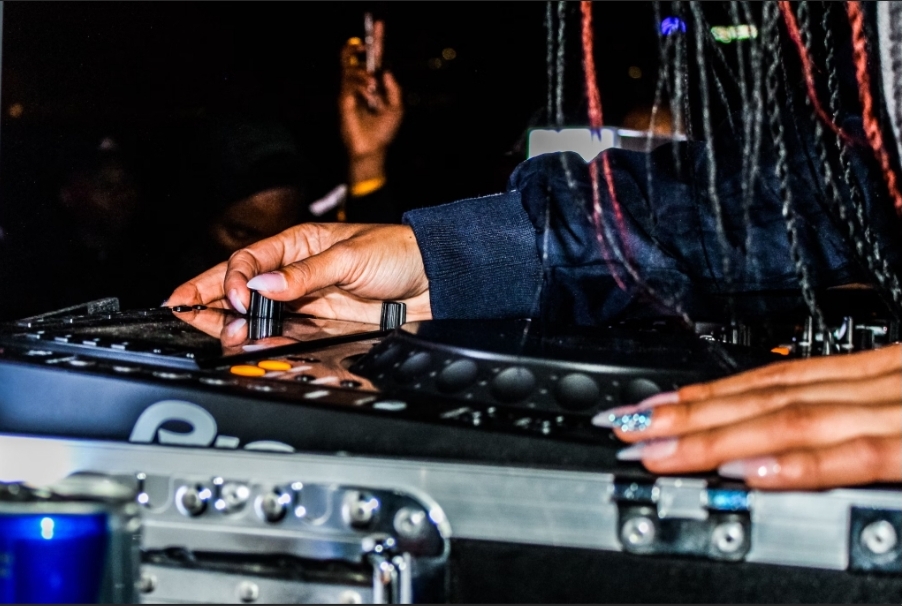
In recent years, the global audience has become increasingly enchanted with the musical offerings from South Africa. Ranging from electric urban beats to soulful traditional rhythms, South African music paints a vivid picture of the nation’s cultural tapestry. For those looking to dive into this rich musical landscape, whether you’re searching for fresh tracks or hoping to experience timeless classics, here’s your guide. And, if you ever feel like taking a break from this musical journey, check out BetWinner promo code
for a change of pace.
Contemporary Beats That Define the Nation
1. Gqom
A raw, minimalist subgenre of house music originating from Durban, Gqom (pronounced “qom”) perfectly encapsulates the spirit of South African townships. Its unique rhythm is characterized by:
● Heavy basslines
● Pulsating drum patterns
● Absence of chords
2. Amapiano
Translating to “the pianos,” Amapiano has taken the nation by storm. A blend of deep house, jazz, and lounge music, its defining features include:
● Smooth piano chords
● Percussion sequences
● Sophisticated vocals
3. Kwaito
Emerging post-apartheid, Kwaito is more than just a genre; it’s a statement of South African youth and resistance. Its signature sounds consist of:
● Mid-tempo beats
● Catchy hooks
● Influences from jazz and traditional African sounds
4. Afro House
A delightful fusion of traditional African sounds and modern house music, Afro House is recognized for:
● Percussive beats
● Rich instrumental layers
● Vibrant rhythms
5. South African Hip Hop
The South African iteration of Hip Hop mirrors global influences while adding a local flavor. It’s characterized by:
● Provocative lyrics
● Local dialects
● Street culture references
Timeless Traditional Rhythms Still Vibrant Today
1. Maskandi
Originating from the Zulu community, Maskandi is often dubbed the “Zulu Blues” for its soulful melodies and storytelling. The genre features:
● Acoustic instruments
● Story-driven lyrics
● Traditional Zulu dance rhythms
2. Mbube
Known globally for Solomon Linda’s “The Lion Sleeps Tonight,” Mbube is rooted in acapella with:
● Powerful group vocals
● Repetitive structures
● Minimal instrumentation
3. Mbaqanga
Marrying jazz with traditional rhythms, Mbaqanga arose in the 1960s townships. It is defined by:
● Electric instruments
● Vibrant brass sections
● Uplifting beats
4. Marabi
Originating from urban slums in the early 20th century, Marabi carries influences from American jazz and swing, characterized by:
● Piano-centric melodies
● Repeated cycles
● Improvisational elements
5. Isicathamiya
Popularized globally by Ladysmith Black Mambazo, Isicathamiya is an a cappella style emphasizing:
● Harmonious vocals
● Gentle dance movements
● Competitive choral singing
Exploring Platforms and Events
Streaming and Online Platforms
With the digital age, discovering and enjoying South African music has never been easier. Streaming services such as Spotify, Apple Music, and local platforms like JOOX provide extensive playlists dedicated to various South African genres. These platforms not only support established artists but also play a crucial role in highlighting emerging talents from different corners of the country.
Live Music and Festivals
South Africa hosts numerous music festivals throughout the year, celebrating everything from contemporary beats to traditional rhythms. The Cape Town International Jazz Festival is renowned for its eclectic lineup, while AfrikaBurn provides a platform for experimental and underground music. These events not only showcase musical diversity but also contribute to the vibrant cultural fabric of South Africa.
The Role of Community and Culture
The Township Music Scene
Townships, historically marginalized areas, have played a pivotal role in shaping the South African music scene. Genres such as Kwaito originated from these communities, serving as a form of expression and resistance. Today, townships continue to be breeding grounds for innovative musical styles, with local events and taverns serving as important venues for artists to share their work.
Music and Social Change
Music in South Africa has long been intertwined with the nation’s socio-political landscape. From the protest songs of the apartheid era to the socially conscious hip hop of today, artists have used their platform to address issues ranging from inequality to empowerment. The role of music as a tool for social change remains as relevant as ever, highlighting the power of melodies and lyrics to inspire and mobilize.
Conclusion
South Africa’s music scene is a magnificent fusion of history, culture, and innovation. As we’ve explored, the nation offers both contemporary beats pulsating with modern energy and timeless rhythms echoing stories of the past. To delve deeper into the history and significance of these genres, Wikipedia’s South African music page offers comprehensive insights.
FAQ
1. What’s the most popular contemporary genre in South Africa today? Amapiano currently dominates the charts, blending deep house, jazz, and lounge music.
2. Which traditional genre has achieved international acclaim? Isicathamiya, especially due to Ladysmith Black Mambazo’s global success.
3. How has South African music evolved post-apartheid? Post-apartheid brought a wave of creative freedom, leading to genres like Kwaito that resonate with themes of youth and resistance.
4. How can I discover new South African artists and tracks? Streaming platforms, local radio stations, and music festivals are great avenues to explore.
Leave a Reply